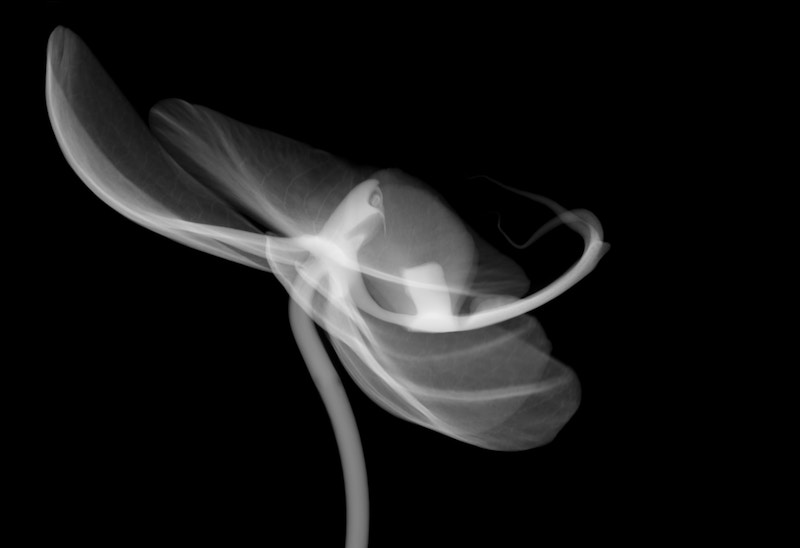Medically Unexplained Symptoms (4/4): Depression
NHS treatments for medically unexplained symptoms tend to focus on either the physical or the psychological aspect. This has led Professor Helen Payne, one of the leaders in embodied psychotherapy, to devise the BodyMind Approach, which uses creative expression to help people listen to their body’s signals and self-manage symptoms. In the last of four blogs, she explores the interrelatedness of chronic pain and depression, and reveals how conceiving of her symptom as a dam in a river helped one woman manage her symptom.

Living day to day with medically unexplained chronic pain can sometimes bring a sense of hopelessness and helplessness. The relationship between depression and pain is very close indeed. Feeling pain is depressing, while sometimes depression can be the root cause of the pain. Either way, the pain itself can increase that depressive feeling. It is known that those living with chronic pain are more likely to experience difficulties such as anxiety or mood swings, and people diagnosed with depression are more at risk than the average of developing pain symptoms.
“I feel nothing…”
Take the case of Debbie, a middle-aged woman recently divorced. In her younger days she had enjoyed Tai Chi classes but felt she could no longer return to this activity due to the pain. She had been experiencing chronic pain in her legs and feet for many years, preventing her from walking far, limiting her social life, work and functioning day to day. She had very low moods because of her condition, and the divorce had intensified the stress, resulting in the need for more pain relief medication.
Debbie attended all the sessions, during which time the facilitator reported she rarely disclosed anything. When asked how she was feeling, she said she felt nothing. The nothingness or perhaps numbness was in stark contrast to how much she felt in her body.
At one session, after a short movement warm up, the group were engaged in an exploratory movement practice on the nature of their symptoms and their relationship with the rest of their body. Symptoms were found to, for example, block flow, to stifle energy and to act as a barrier to action. During this practice Debbie discovered her body ‘as if’ it was a river, whereas her symptom was a dam, blocking the flow of the water. The facilitator invited Debbie to show the group how she might move the water past the dam. She used her hands, arms and torso to represent a flowing river. She demonstrated in a few soft, sustained and flowing movements what it was like to be ‘as if’ water. She stood up and became watery all over her body, rippling and swirling. Her legs began to move in harmony and for a short time, she was lost in the flow of the movements. She was smiling as she moved through them.
Reframing the symptom
Afterwards, Debbie exclaimed how pleased she was she could do them, even though she had pain. She realised the image of the river and dam helped her to reframe her symptom, understand it and lower its power over her life. This experience in action gave her the motivation to engage with more movement as the sessions went on, until she had learned how to manage her symptom well enough to carry out everyday functioning such as cooking, cleaning and walking the short distance to the shops. Rather than tension in her legs, there appeared to be an opening to relaxation and ease, lessoning the pain experienced. The healthy, active part of her was able to take control, to function again despite the symptom.
Debbie was initially sceptical about how this experience would be helpful in her everyday life/self-management, but at post intervention and follow up assessments it was seen that there was reliable improvement in her distress levels in anxiety, body distress and depression, as well as slight increases in wellbeing and overall functioning. Whether or not it was the experience which underpinned this change remains unknown.
My research at The University of Hertfordshire has demonstrated that movement can help increase wellbeing and prevent pain. For example, increased activity can spiral upwards towards feelings of wellbeing. Furthermore, the endorphins (happy hormones) generated by physical activity interact with the receptors in your brain that reduce your perception of physical pain, increasing activity levels still further. For example, dancing in synchrony to music has been shown to increase tolerance to pain (whether explained or unexplained) and to help with group cohesion
The BodyMind Approach® helps people develop healthy coping mechanisms, bringing about a change of direction in the way life is managed. It includes gentle, mindful movement, body awareness and exploratory, experiential, embodied practices. These stimulate body-with-mind connection, self-compassion, and a curiosity about the symptom, using the sensory experience in the body itself as the pathway.
The benefits for your depressed clients include:
- Tailor made sessions to improve wellbeing and quality of life
- Increased self-management of the condition in the future
- A change in their attitudes towards, and perceptions of, the symptoms
- Learning how to live well and cope better with the symptom(s)